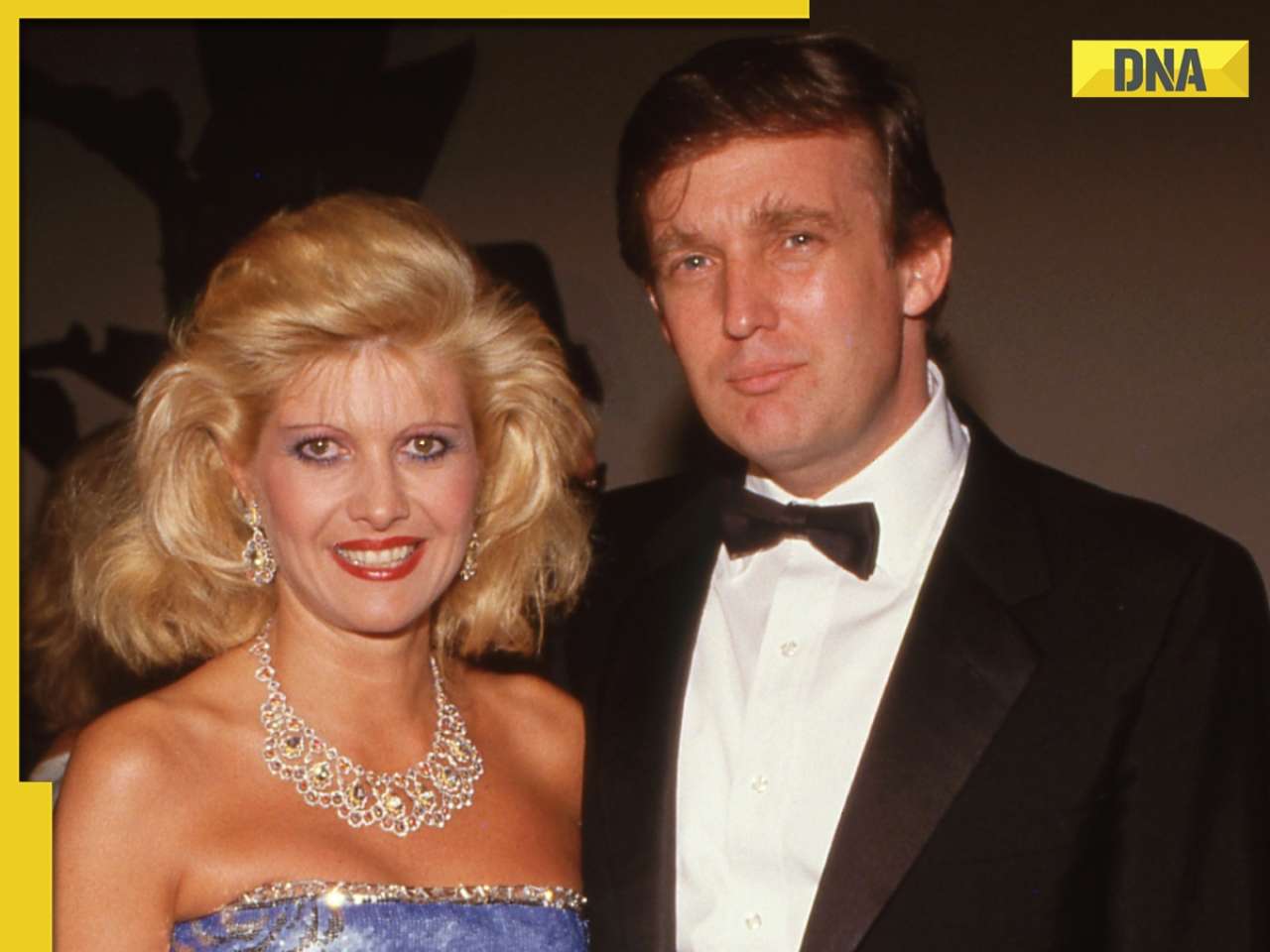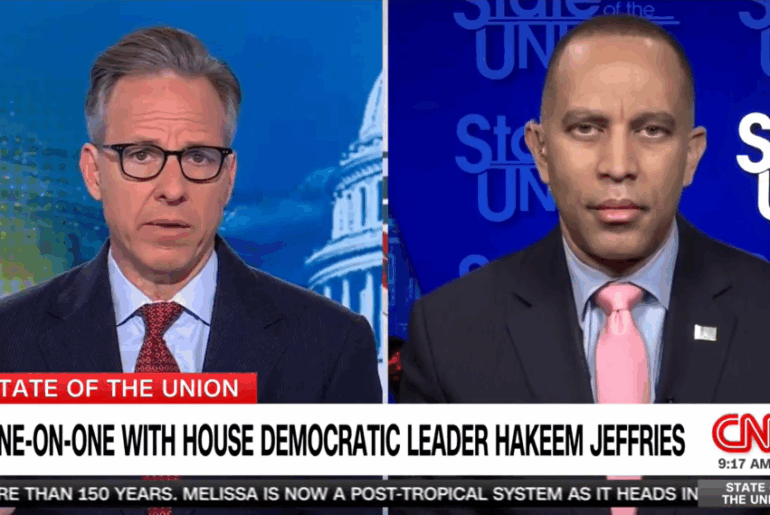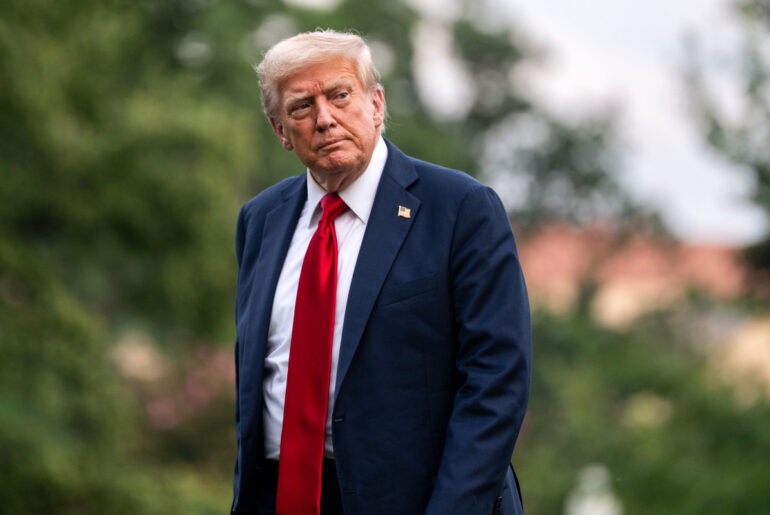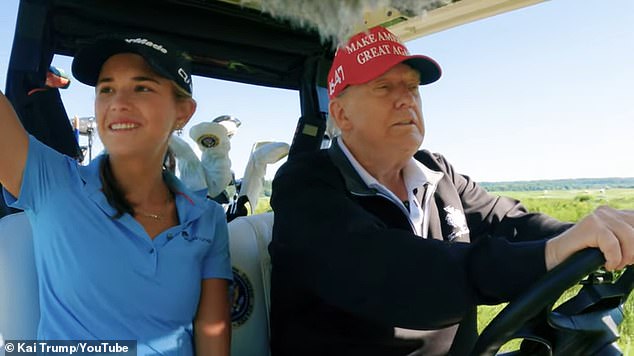Under New Jersey’s tax regulations, land designated for cemetery use is exempt from all taxes, rates, and assessments. Check below to know more
When Ivana Trump, Donald Trump’s first wife, was buried in 2022, the location of her burial site, rather than the tributes, captured significant attention. She was laid to rest near the first hole of the Trump National Golf Club in Bedminster, New Jersey, instead of a family plot or a public cemetery.
This choice immediately prompted speculation, and not simply because burying someone on a golf course is considered unusual. Rumors quickly circulated online, ranging from allegations of tax avoidance to wild conspiracy theories linking her burial to Trump’s legal troubles.
According to a post by Awareness Of Success, a potential tax-related reason may have influenced the unusual burial location. The post questioned, “WHY DID DONALD TRUMP BURY HIS EX-WIFE ON A GOLF COURSE? It wasn’t just grief. It was a strategy.”
Under New Jersey’s tax regulations, land designated for cemetery use is exempt from all taxes, rates, and assessments. Cemetery companies are also specifically exempt from real estate, personal property, business, sales, income, and inheritance taxes on their land.
No property, no tax
The post highlighted that even a single grave on a piece of land can legally convert that land into a tax-exempt cemetery.
To leverage New Jersey’s cemetery tax exemptions, Trump registered the golf course land as a nonprofit cemetery company, the post asserted. This action potentially alters the land’s status, which could lead to the entire property becoming tax-exempt.
Donald Trump registered the peroerty as NGO
“Trump quietly registered the land as a nonprofit cemetery company. Just one grave… And the entire golf course became tax-exempt. Millions potentially saved in taxes. 150 feet from the clubhouse. The first hole now sits beside a legal loophole,” it pointed out.
The New Jersey Law Revision Commission defines a “cemetery company” as “a person, corporation, association, or other entity that owns or operates a cemetery, but does not include a religious organization that owns a cemetery which restricts burials to members of that religion or their families unless the organization has obtained a certificate of authority for the cemetery.”
The decision to bury Ivana on the golf course has elicited varied responses. Some perceive it as a “cold” act, while others commend the strategic nature of the decision, labeling it as “genius.”
The Instagram post concludes with a lesson on how the affluent leverage lesser-known laws: “This isn’t just about one grave. It’s a lesson in how the wealthy use laws most people don’t even know exist. It’s not always illegal. But it’s rarely ethical.”
Change in action
Reports from ProPublica also disclosed that the Trump Family Trust had aimed to classify a property in Hackettstown, New Jersey, as a nonprofit cemetery company, despite the location being approximately 20 miles from the golf course.
Trump’s vision for the golf course cemetery has evolved over time. In 2012, NPR reported that Trump initially planned a mausoleum for himself on the golf course. Over the years, his concepts shifted, including a cemetery with over 1,000 graves. In 2017, The Washington Post reported a smaller, private family cemetery with 10 plots. Later, plans were made for a larger cemetery with 284 graves available for sale.
Ivana, who died at 73 from injuries sustained in a fall at her Manhattan home, is buried at the Bedminster golf course. Unlike many prominent figures, her grave lacks a fence or public memorial, marked only by a simple headstone near the first hole. She is currently the only person buried there







